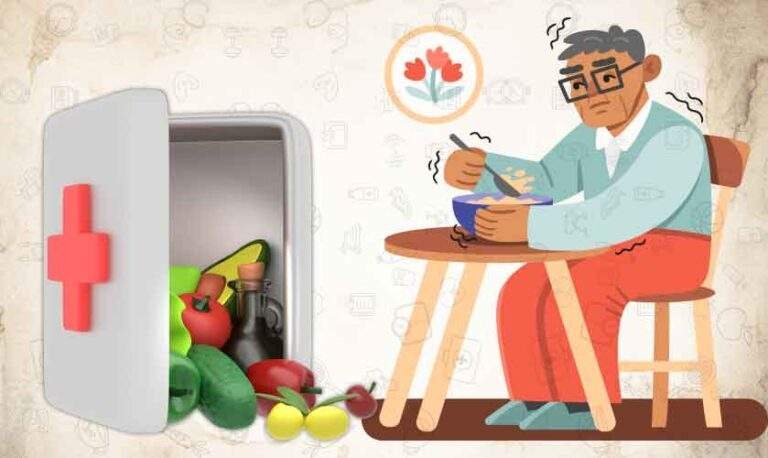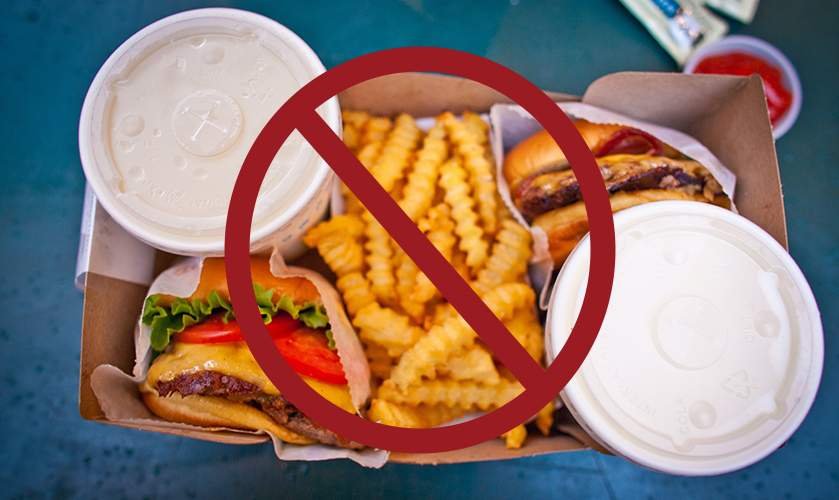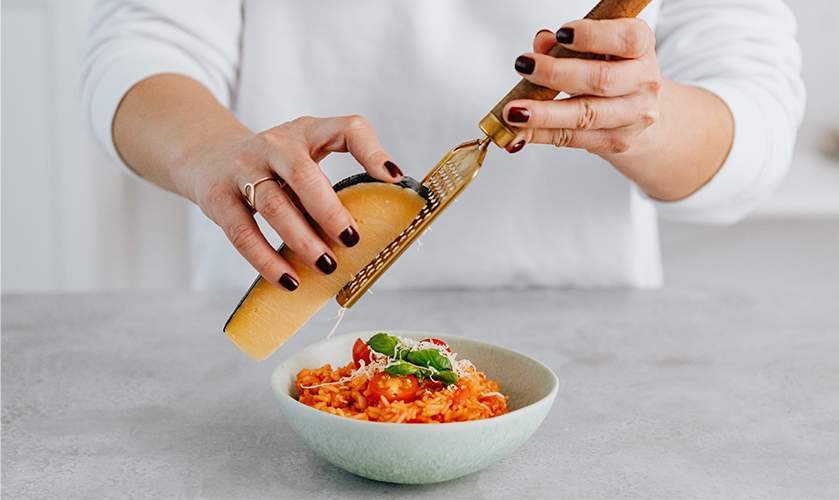Diabetes and nutrition
Good nutrition is a determinant of good health. Thus, all diabetic people can manage their blood sugar better by keeping a healthy approach towards their diet. If they know what they are eating, what’s good for them and what’s not, they can avoid/ delay blood sugar related complications.

What consists of a healthy meal?
Diabetics have to make some compromises with their favourite foods. Consuming a variety of healthy foods will give a balanced diet with essential nutrients and helps keep blood sugar optimum.
Make your meal plan with a few nutrients:

- Grains: includes whole grains such as wheat, rice, oats should be taken about half of your daily grain intake. Apart from this, wheat bread and pasta are good sources of whole grains.
- Proteins: fish, eggs and lean proteins like skinless chicken are good sources of proteins and balance your protein consumption. While eating meatless proteins like legumes and beans, ensure your carbohydrate content.
- Fruits: some fruits such as strawberries, oranges, bananas, etc are low in glycemic index( it is the value that measures how certain foods can raise blood sugar levels) and support moderate blood sugar levels. Most of these fruits are rich in fibres, which are good for health if taken in sufficient amounts.
- Vegetables: green vegetables such as spinach, broccoli, kale are rich in vitamins and minerals. Vegetables have enough fibres too.
- Diary: low-fat milk and yoghurt are excellent sources of vitamin D and calcium. Check for extra sugars in flavoured milk and yoghurts.
What foods should I not take?

- Saturated and trans fats: Processed and fried foods quickly raise the unhealthy buildup of plaque in the body. A few examples are animal products like butter, bacon, sausage, fatty beef and baked and sugary snacks. Hence, checking the food labels is important if they are processed.
- Sodium rich foods: Limit your sodium intake and keep regular sodium intake under 2,300mg, about a teaspoon of salt. High sodium consumption can elevate blood pressure.
- Sugary beverages: Soda, sweet tea, juice and energy drinks can increase blood sugar levels.
How to plan the right meal?

There is no all-time fit meal for diabetics. Different people have different requirements and adaptability to nutrients. It may be possible that one type of meal works for a person and not for the other one. Thus, managed portions of food such as carbohydrates, vitamins etc can support healthy nutrition.
People themselves need to recognize their bodily requirements by a frequent blood glucose level check and consulting with a doctor.